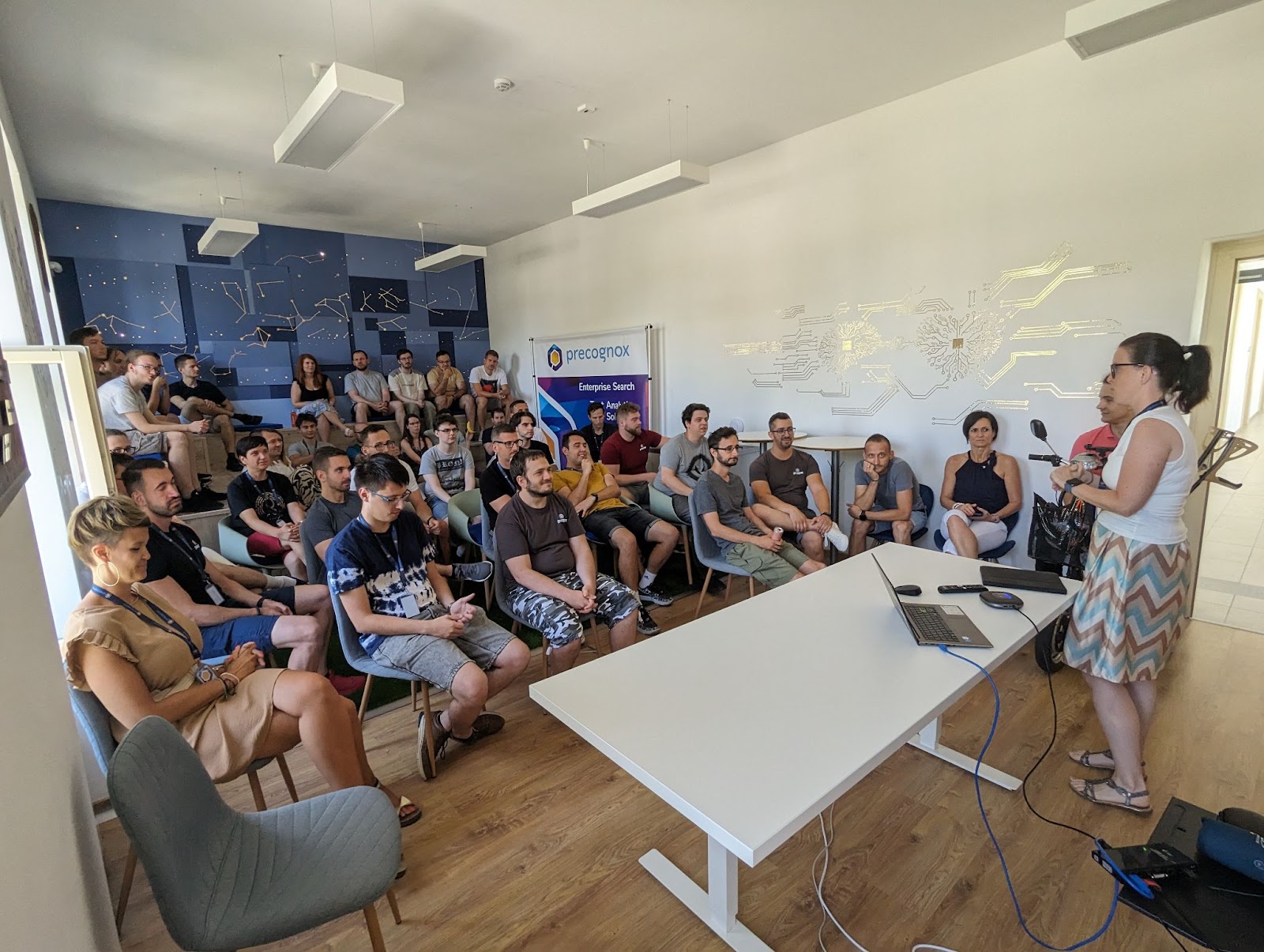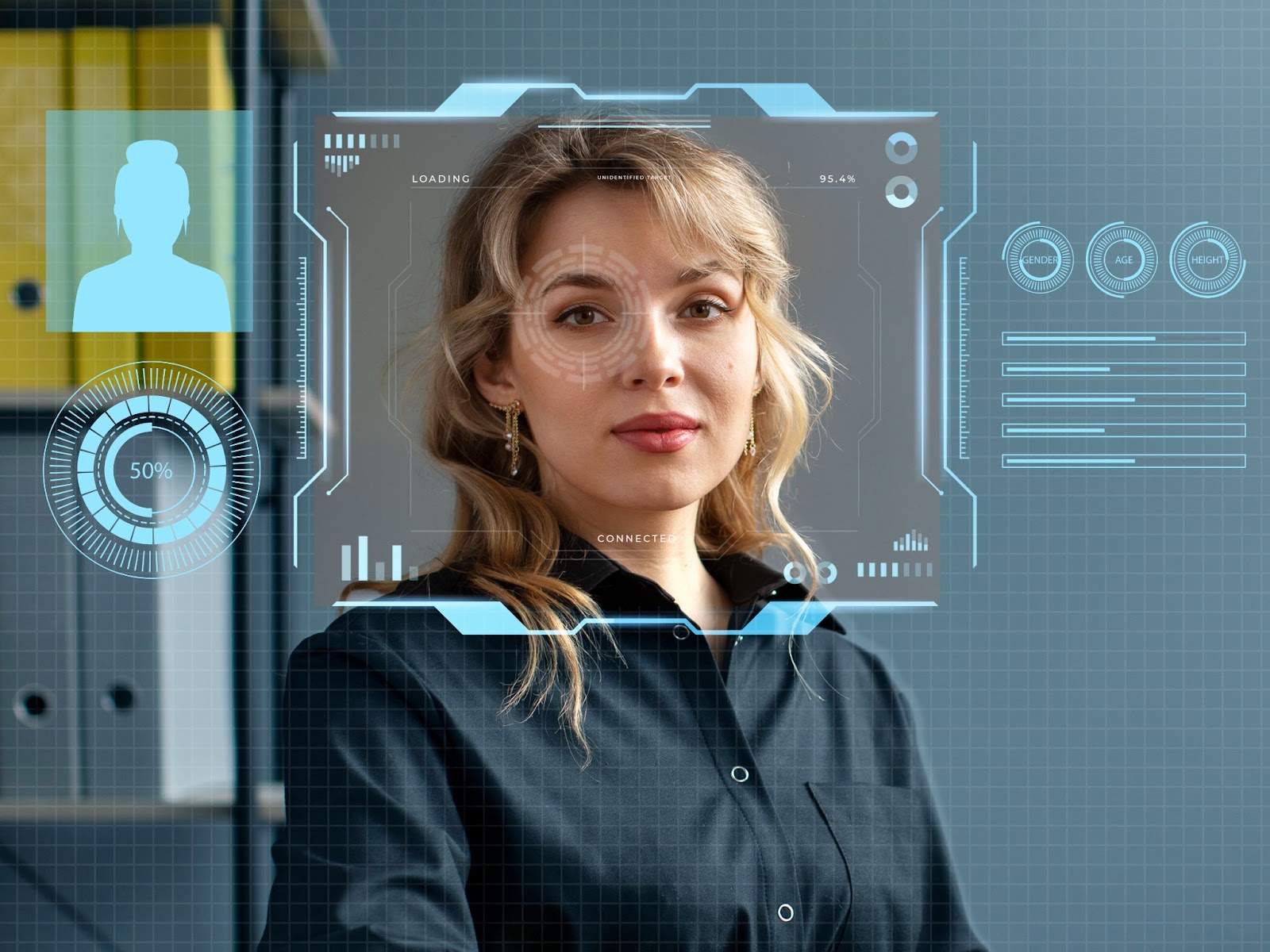The role of AI in the HR revolution
tIn recent years, the rise of artificial intelligence (AI) has brought significant changes to the field of human resource management (HR). AI not only supports the automation of administrative tasks, but also enhances recruitment processes, employee satisfaction measurement, performance evaluations, and training programs. However, it is equally important to consider the potential downsides of this technology, as improper or excessive
use can negatively impact organizational culture and human relationships.

Recruitment on a new level
One of the greatest advantages of AI in the field of HR is the improvement of time efficiency and the accuracy of processes. During recruitment, for instance, Applicant Tracking Systems (ATS) automatically scan incoming résumés and filter out those that do not meet predefined criteria. It is crucial, however, that these criteria are set objectively and thoughtfully, as the system’s effectiveness largely depends on this. By automating this step, HR professionals can save a significant amount of time, eliminating the need to manually review hundreds or even thousands of applications.
AI-powered chatbots such as Paradox Olivia or HireVue can also conduct preliminary interviews and answer frequently asked questions from applicants. Artificial intelligence can further support various testing and evaluation processes—for example, with tools like Eightfold AI, it becomes easier to assess candidates’ skills and personality traits.
Simplifying administration
Administrative tasks can also be significantly reduced through the use of AI. Software solutions like Workday can provide automated document management, record and process leave requests, and accelerate payroll operations. More and more companies are using AI-based systems for attendance tracking and working hour management as well. Various payroll platforms, such as Nexon eHR, not only simplify salary calculations but also ensure compliance with tax regulations and benefits administration.
AI in HR: Opportunity or challenge?
Performance, learning, satisfaction – AI behind the human factor
Artificial intelligence is playing an increasingly important role in performance evaluation and measuring employee satisfaction. AI enables the automation of performance reviews and the analysis of employee sentiment. In the area of training and development, AI has also become a valuable tool. AI-powered learning platforms provide personalized training recommendations for employees, while chatbots and AI mentors—such as Coursera’s AI Tutor—support the learning process.
While AI offers many advantages, it’s important not to overlook its potential drawbacks. One of the most significant issues is bias, as AI systems learn from data, and if that data contains certain prejudices, the AI may perpetuate them. For example, a recruitment algorithm may discriminate against certain nationalities, age groups, or genders if its database is not properly balanced. Additionally, data protection is a key concern, as HR systems handle sensitive employee information, the safeguarding of which is crucial—especially in compliance with GDPR regulations.

A new balance in task distribution
A key question is which tasks can be handed over to AI and which still require the expertise of human HR professionals. Repetitive, data-driven tasks—such as résumé screening, data management and analysis (e.g., age, experience, location, salary expectations), payroll processing, or leave management—can be effectively automated. However, strategic decision-making, shaping organizational culture, conflict resolution, and tasks that require sensitive human interaction still demand human presence. It’s not always necessary to implement a fully automated system right away; in many cases, a chatbot alone can effectively handle specific tasks, such as drafting conversation outlines or compiling evaluation documents. AI can also be quickly adapted to tasks like writing job descriptions and job ads, where adjusting tone, style, and target audience can streamline daily work. Additionally, it can support the creation of logical structures for internal training materials and contribute ideas for soft skill training programs.
It’s worth approaching the use of AI with the mindset that if we already possess the necessary expertise and knowledge in a given field—such as training delivery, leadership development, or payroll—then routine, repetitive tasks that require little creative thinking can be effectively supported by AI tools. However, unique cases, personal interactions, and business decisions remain areas where human presence and decision-making are essential. That said, when choosing existing tools for automation, it’s important to select solutions that are tailored to the specific needs of the organization.
The examples mentioned in this article are the result of general research and are not linked to any commercial interest.
The best strategy is a combination of AI and human decision-making: artificial intelligence enables fast and accurate data processing, while HR professionals ensure personal connection and the preservation of organizational culture.
Authors: Gergő Hock (former Automation Expert at Precognox Ltd.) and Anikó Gáll (HR Specialist)